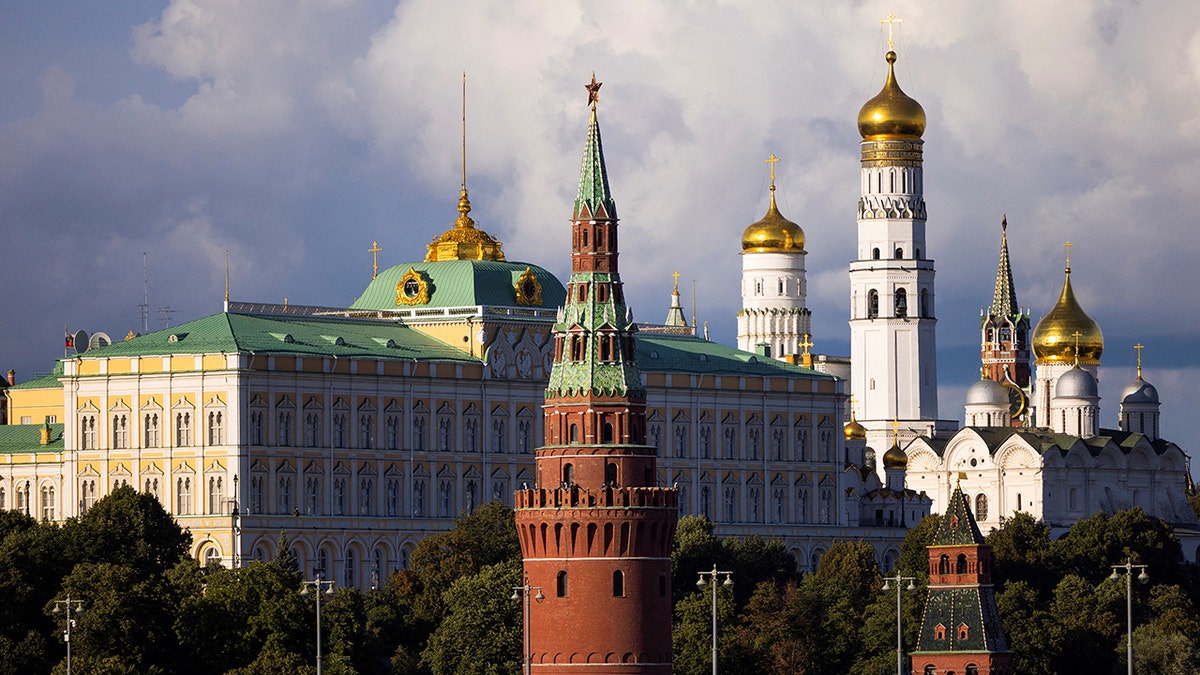Germany’s chancellor ends weapons range limits for Ukraine despite Russian nuclear threats

Germany’s new chancellor, Friedrich Merz, says his country, as well as its allies, have lifted all range restrictions on the weapons delivered to Ukraine.
Merz has seemingly attempted to maintain diplomatic efforts as he tries to secure a ceasefire keeping Western support for Ukraine.
“We will do everything in our power to continue supporting Ukraine. This also means no longer having any range restrictions on the weapons we supply. Ukraine can now also defend itself by attacking military positions in Russia,” he posted to the social media platform X.
PUTIN MULLS STRIKING KYIV WITH NEW HYPERSONIC MISSILE THAT CAN REPORTEDLY REACH US WEST COAST
In an accompanying statement Monday, Merz said that the range restrictions on weapons that have been delivered to Ukraine would include the British, the French, and America.
“That means Ukraine can also defend itself by, for example, attacking military positions in Russia,” Merz said at a forum organized by WDR public television. “Until a while ago, it couldn’t. … It can now.”
“We call this ‘long-range fire’ in jargon, also supplying Ukraine with weapons that attack military targets in the hinterland,” he added.

US BRIEFED UKRAINE AHEAD OF PUTIN’S ‘EXPERIMENTAL INTERMEDIATE-RANGE BALLISTIC’ ATTACK
Just last week, Merz made a call for Germany to defend democracy and strengthen the constitutional state amid the conflict.
“The Basic Law allows us to live in freedom, peace, and security – we are proud of that. But our freedom is being attacked from within and without like never before. Therefore, we must stand up for a strong constitutional state and defend our democracy every day,” he posted.
Merz’s statements come after Moscow hit Ukraine with more than 300 missiles and drones.

Dmitry Peskov, a spokesperson for the Kremlin, warned that lifting the range restrictions would be dangerous in a statement, saying that it runs “contrary to our efforts to reach a political settlement.”
Moscow warned the West to not lift the restrictions, claiming that doing so would make the offender a target for the Kremlin and face the threat of nuclear weapons.
The Associated Press contributed to this report.
Read the full article here









